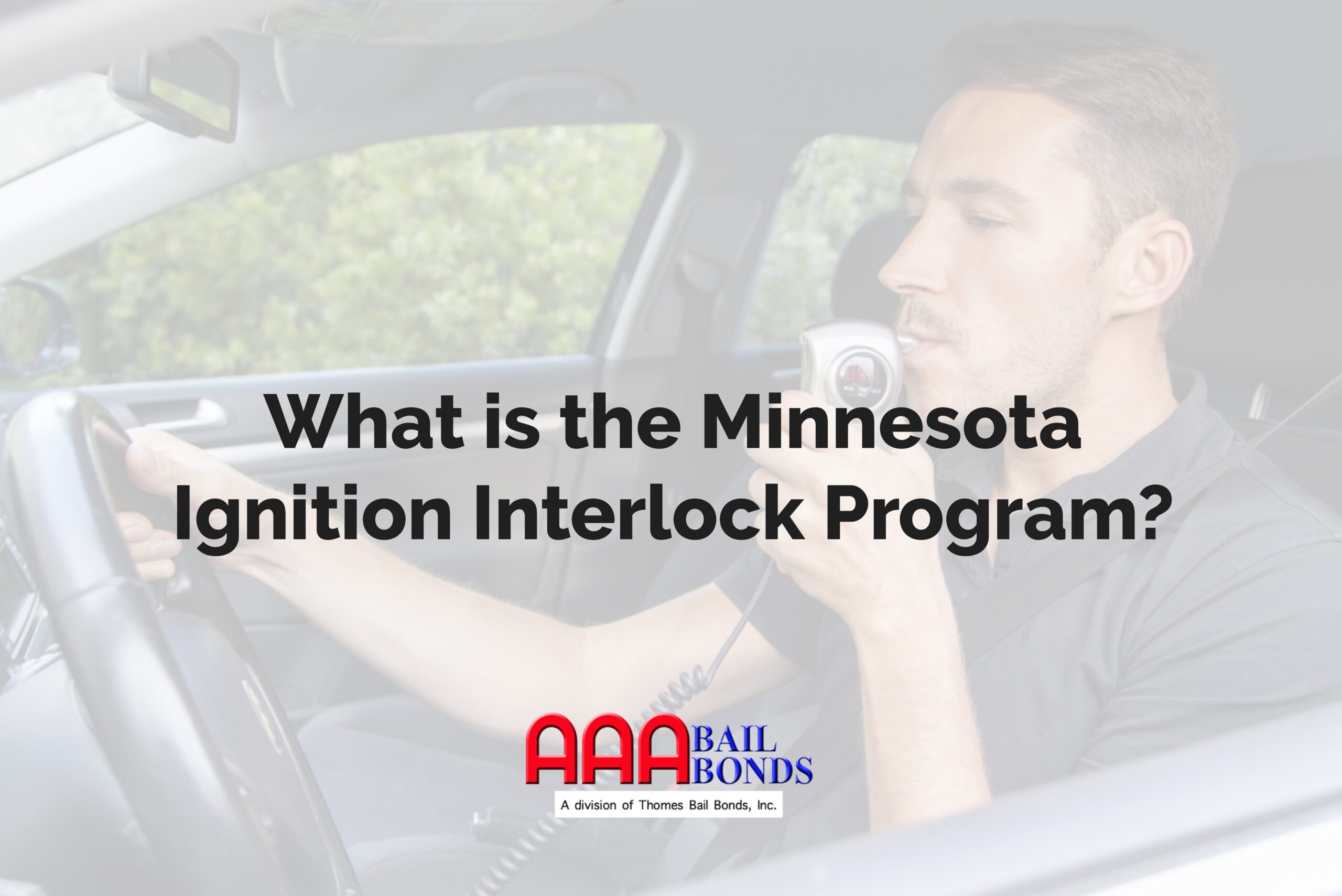Understanding Release Options in Minnesota: What’s the Difference?
When it comes to bail bonds, the extent of knowledge most people have comes from what they’ve seen on TV and movies: A person gets arrested, they get their phone call, someone comes down to the jail, talks to the sassy or grumpy person behind a desk, and bails out their friend/family member. As with most things they make in Hollywood, the subject of bonds is not quite as simple as what they show on the screen.
Bail bonds are designed to ensure that defendants appear for their Court proceedings while maintaining their freedom before trial. In Minnesota, there are several types of release options based on the circumstances of the case and the discretion of the Court. AAA Bail Bonds is here to help you navigate the different kinds of release options available in Minnesota:
Cash Bail
Cash bail requires the full bail amount to be paid in cash, typically to the Court, to secure the defendant’s release. According to Minnesota statute, once cash bail has been paid, it becomes the property of the defendant. If the defendant is convicted, the Court can apply any fines, fees, restitution, and/or penalties against the cash bail before returning any remaining money to the defendant.
Surety Bond (or “Bail Bond”)
A surety bond, also known as a bail bond, requires involvement from a Minnesota-licensed bail bond agent (like AAA!). This agent guarantees the full bail amount by posting a surety bond with the jail or the Courts to secure the defendant’s release. In Minnesota, there is a 10% non-refundable fee of the bail’s face value, which is the payment amount set in place by the State, for the bail bond agent’s services.
Conditional Bail
The Court may impose certain conditions upon granting bail, such as travel restrictions, surrendering passports, surrendering firearms, no contact orders, random testing, no use or possession of drugs/alcohol, electronic monitoring, attending counseling, attending rehabilitation programs, or a combination of other conditions.
Release on Own Recognizance (ROR) / Release per Own Recognizance (RPR)
In some cases, defendants may be released on their own recognizance, meaning they do not need to pay bail or post bond. In these situations, the defendant will usually have conditions for their release, which may include participating in pre-trial probation with random drug & alcohol testing or electronic monitoring at the defendant’s own expense.
Navigating the bail process can be overwhelming, but knowing your options and seeking guidance from legal professionals or licensed bail bond agents can help you make informed decisions. If you or someone you know has been arrested and needs to post bail, contact AAA Bail Bonds to help by visiting our website or calling (612) 900-3400.




